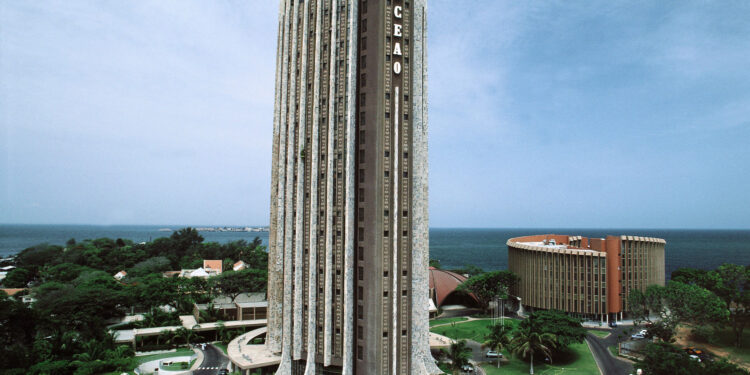On March 18, the US State Department approved the request submitted by the Ministry of Economy in Senegal to restart the energy support program and access to electricity funded by the American Agency for International Development, which stopped working due to President Trump’s decision to stop foreign aid for a period of 90 days.
In 2021, the United States launched a project to support energy and access to electricity in the outskirts of the capital, Dakar and the rural areas, at a cost of $ 600 million, and it is expected that more than 12 million people will benefit from it throughout Senegal.
The project entered its last stages at the end of last year, but the sudden decision issued by the United States to stop foreign aid represented a shock to the Senegalese government, which was largely counting on the project, which would have a positive impact on the population of rural areas.
40% of the population of Senegal lives in the rural areas where poverty constitutes 57%, and they depend on the aid provided by the government and international organizations due to the lack of employment opportunities.
Economic sovereignty
After stopping US foreign aid, Prime Minister Othman Sonko said that some development programs in his country will be affected by President Trump’s decision.
SUNCO stressed that the United States’ rural cities project will stop service, calling at the same time to work and double production until economic sovereignty is achieved instead of waiting for the donations and aid provided by international partners and donors.
In addition to the rural cities electrification project, the American Agency for International Development provides a lot of support for the Senegalese government, as its aid in 2023 amounted to more than $ 170 million.
Observers believe that stopping American aid will affect security and stability in the Kazamance region, which has lived years of rebellion, as many initiatives aimed at development work with American support.
Senegal lives on the impact of major economic challenges represented in inflation, increased debt, and the fallacy of the numbers related to the financial deficit that the previous government was providing to external partners.
Recently, the International Monetary Fund announced the suspension of negotiations with the Senegal government on the aid program that was scheduled to be presented at the beginning of this year due to the government’s lack of commitment to the conditions set by the fund.



